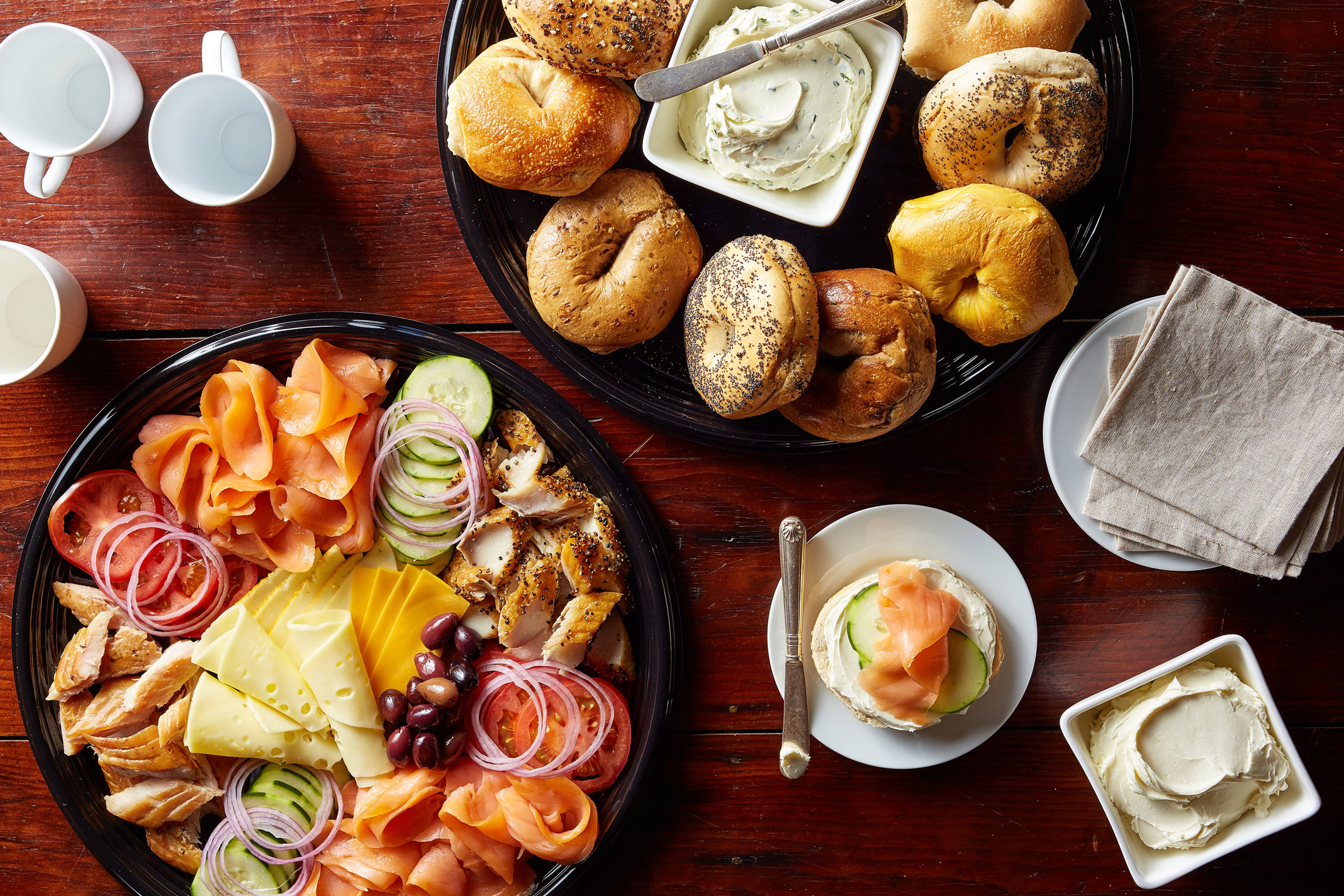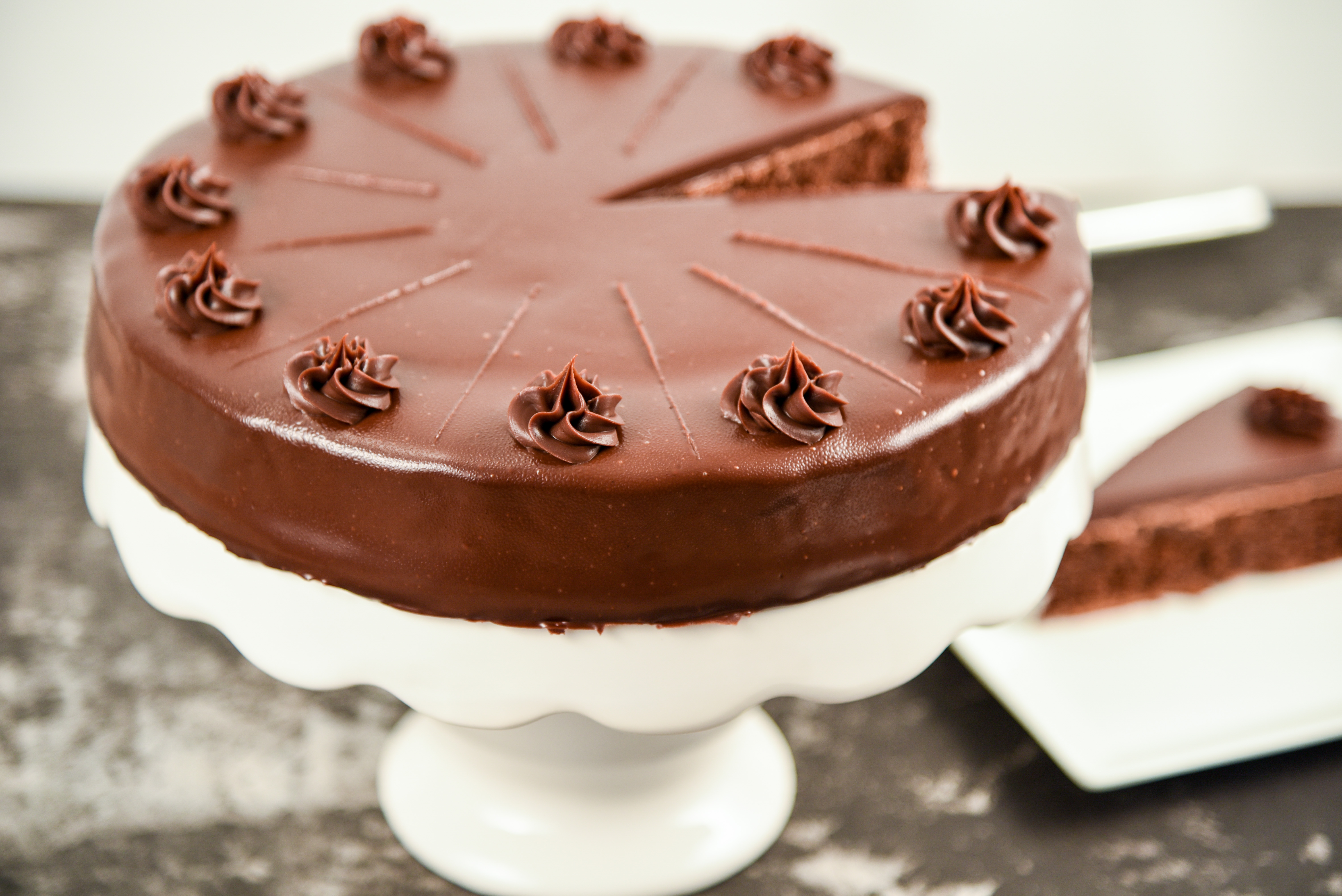The holiday of Yom Kippur (Day of Atonement) is the holiest day of the year, when Jewish people come together, fasting and praying as one.
If Rosh Hashanah is about celebrating the arrival of the Jewish New Year, Yom Kippur symbolizes the cleansing of the previous year’s sins. The majority of the day is spent in Synagogue as many use the opportunity to reflect on their individual and collective actions over the past year, and their hope for the coming year.
It is believed that on this day, a person’s fate for the upcoming year is sealed, therefore, the entire day is spent fasting and praying for forgiveness and a good new year.
On Yom Kippur, observers abstain from eating, working, wearing leather, perfumes, and acts of intimacy. This is a sacred occasion and an opportunity to clean the slate, reset all systems, and start again smoothly.
First We Fast
This year, the holiday begins at sundown on September 18. When the sun goes down, and Yom Kippur starts, so does the act of fasting. Those observing will commence their 25-hour fast until nightfall on September 19. During this time all forms of sustenance are prohibited — even water.
The Jewish tradition of fasting stems from verses in the Torah, which state that fasting on Yom Kippur is a necessary component of the day. Fasting is believed to be a vehicle for reflecting and repenting for your sins.
Those who are too feeble, sick, or young to safely fast are not required to do so. However, healthy females from the age of 12 and males from the age of 13 must fast as part of the tradition. Throughout the fasting period, the focus moves from physical needs to engaging in repentance and prayer in the synagogue.
The 5 Prayers of Yom Kippur
Even though there is no food to be had on Yom Kippur, observers still dress the table with a festive cloth and light candles before the onset of the holy day. Two blessings are said to send thanks for enabling those of the faith to reach the new year.
Yom Kippur is a special occasion for children, who observe it by lighting candles, changing shoes, and finding new prayers to learn and recite.
On an ordinary day, there are three daily prayers: Maariv (evening prayer), Shacharit (morning prayer) and Minchah (afternoon prayer). On Shabbat and holidays, a fourth prayer is added. Yom Kippur, however, is the only day of the year when a fifth prayer is introduced. Ne’ilah, the closing prayer, is said as the sun sets in the west as this special day comes to a close.
Now We Fast
After the sun sets and the holiday of Yom Kippur comes to a close, the tradition of breaking the fast begins. And this is where we come in!
During the Rosh Hashanah meal, there are strict rules about what kosher food can be eaten after fasting. Yom Kippur is much different. In general, people often eat gentler, less spicy dishes. After fasting, the stomach is much more sensitive to rich, spicy food.
The typical assortment of foods includes fruits and veggies, lox and bagels, white albacore tuna salad, cakes, and baked casseroles.


Catering Your Yom Kippur Break-Fast Meal
Catering by Michaels delivers all the staples for breaking a Yom Kippur fast as a community.
Our special holiday menu includes favorites like a traditional Nova lox basket, a whole poached Atlantic salmon basket, cheese blintzes, potato pancakes, and so many more.
Get in touch by giving us a call at (847) 966-6555 to plan your catering for Yom Kippur!



Leave a Reply